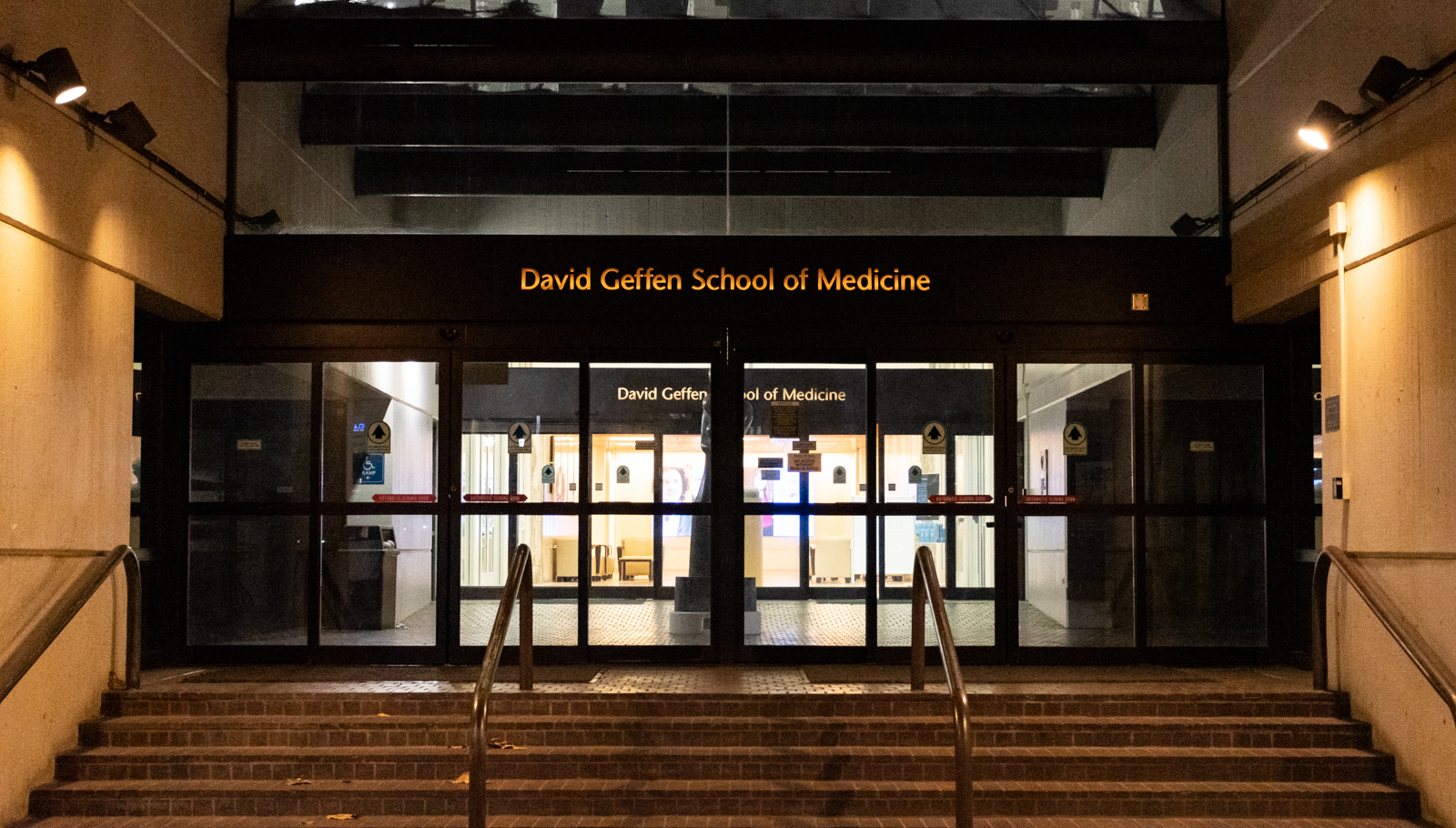UCLA researchers track, predict cancer evolution with new software

Paul Boutros, a data scientist and professor at the David Geffen School of Medicine, recently co-authored an international study which used a software-based tool to estimate the rate at which tumors evolve. (Daily Bruin file photo)
By Manya Kidambi
Feb. 13, 2020 12:21 a.m.
UCLA researchers have developed software to estimate the rate at which tumors evolve.
Researchers from the United States, the United Kingdom, Canada, Australia and Belgium conducted the study, which was published in the Nature Biotechnology journal in January.
Cancer evolution refers to how cells mutate and grow in the body and how environmental factors change the frequency of mutations in different populations, said Paul Boutros, the director at the Jonsson Comprehensive Cancer Center’s Cancer Data Science program and study co-author.
Genetic or environmental factors can cause mutations, said study co-author Peter Van Loo, a researcher at the Francis Crick Institute in London.
In the past, researchers have been able to make estimates on how a particular tumor is evolving in a person’s body, but could not pinpoint the best way to estimate that evolution, Boutros said.
To address this, the researchers used statistical software to simulate how tumors evolve over time, Boutros said.
They then compared their tumor evolution models to data from individuals with cancer to determine how accurate the models had been. The software is able to determine how accurate a prediction of tumor evolution is, Boutros added.
When looking at the timing of certain evolutionary events across one cancer type, the method is about 80-90% accurate, Van Loo said.
After this, researchers performed a series of simulations of advanced tumors. They were able to learn which types of tumors can easily be predicted and which are more difficult, Boutros said.
Additionally, researchers were able to determine the factors that make it easier to measure cancer evolution and develop algorithms with those factors, Boutros added.
“The results were a new set of tools with which people can do anything in the space of tumor evolution,” Boutros said.
In effect, they were able to determine what causes a tumor to evolve as well as how rapidly it is evolving, Boutros said. The software works better for some cancer types, but it still isn’t very clear whether there is one that it works best for, Boutros added.
This study sets the bar for future research, said Adriana Salcedo, a researcher on the study.
“We hope that our research will guide best practices that will ultimately help (deter) tumor evolution,” Salcedo said.

